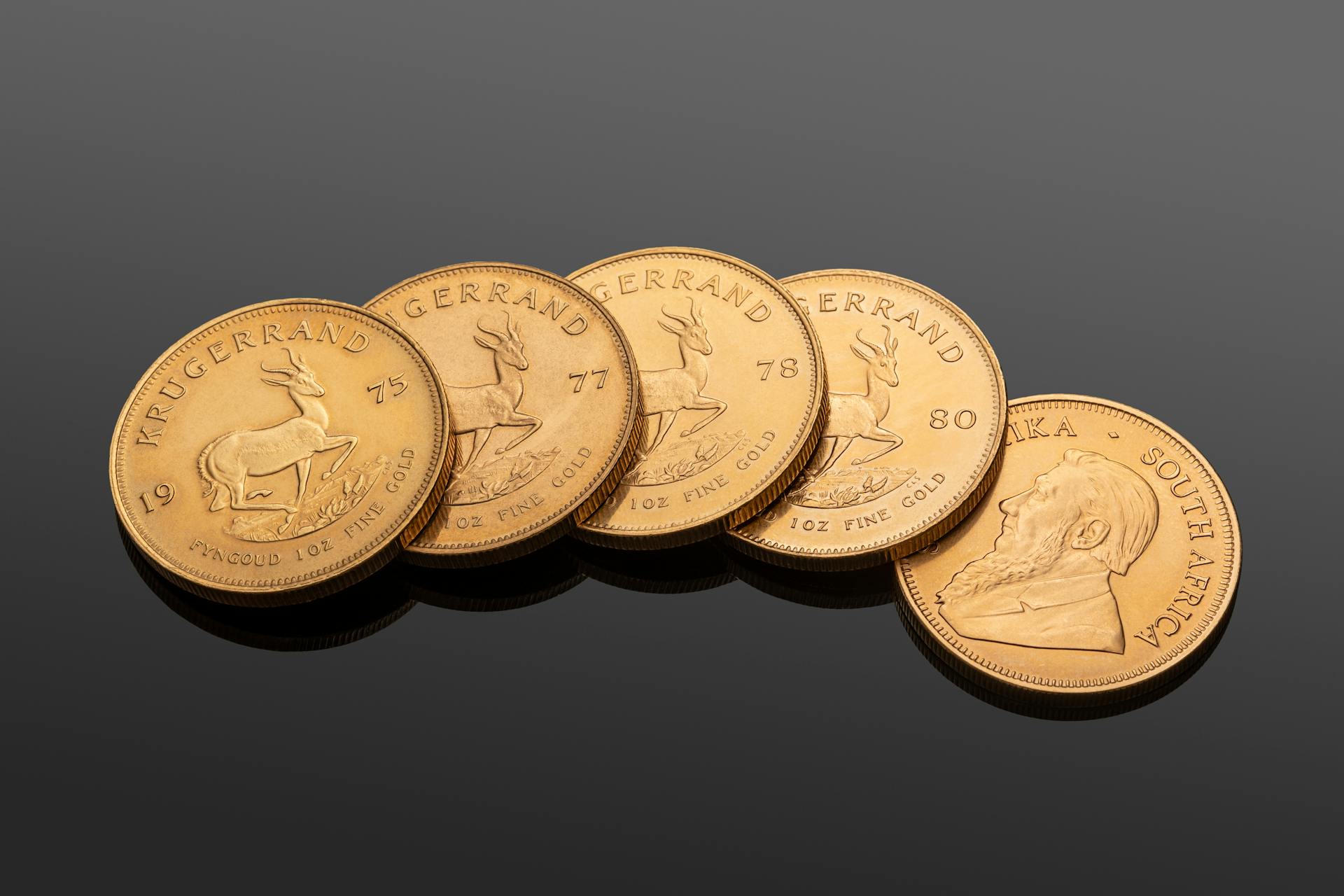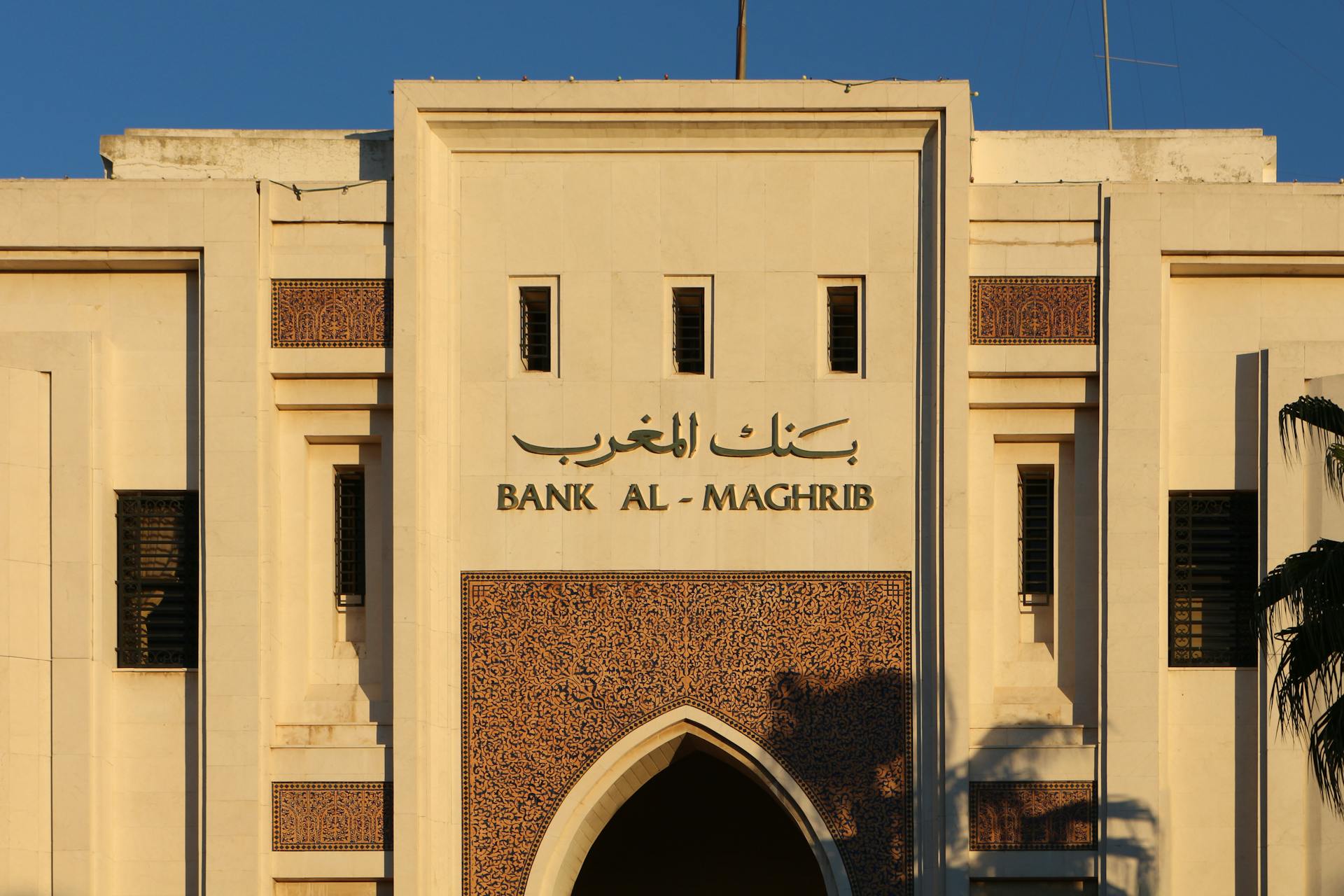
An African safari is an experience like no other. When you venture out into the African bush, you are entering into a world that is teeming with life. The sights, sounds, and smells of Africa are all around you, and it is truly a place where you can feel alive.
African safaris offer a unique opportunity to see some of the world’s most amazing wildlife up close and personal. There is nothing quite like seeing a lion or elephant in the wild, and it is an experience that you will never forget.
Sure, African safaris can be expensive, but they are definitely worth the money. This is an once-in-a-lifetime experience that will stay with you forever. So, if you have the opportunity to go on an African safari, do not hesitate – it will be an experience that you will treasure forever.
Discover more: Update Safari
are the different types of African safaris?
Different types of African safaris cater to different tastes and budgets. From up-close-and-personal wildlife encounters to enjoying the continent's stunning landscapes from the comfort of a luxury lodge, there's an African safari to suit everyone.
One of the most popular types of safari is the classic Big Five game drive. This involves going out in a jeep or open-sided vehicle in the early morning or late afternoon in search of Africa's iconic animals: lions, leopards, elephants, rhinos and buffalo. Experienced guides will help you spot the animals and point out interesting behaviors. Many game drives also include a stop for a sundowner (a drink to watch the sunset), making for a magical experience.
If you're interested in getting even closer to Africa's wildlife, a walking safari is for you. These safaris are led by expert guides who will take you off the beaten track, showing you things that you wouldn't see from a vehicle. Walking safaris are a great way to learn about the smaller creatures that make up Africa's ecosystem, as well as getting some exercise!
For those who want to combine their safari with some beach time, a beach and bush safari is the perfect option. This type of safari typically starts with a few days spent game viewing in a reserve, before heading to the coast for some relaxation time. Mozambique and Zanzibar are popular beach destinations after a safari in Tanzania or Kenya.
If you're looking for a truly luxurious African safari experience, a fly-in safari is for you. These safaris are based in exclusive lodges that can only be reached by light aircraft. This means that you can avoid long drives to and from the reserve, and spend more time enjoying the wildlife and landscape. Many fly-in safaris also include activities such as hot air ballooning and game walks, for a truly immersive experience.
No matter what type of African safari you're after, there's sure to be something to suit you. So why not start planning your dream safari today?
A unique perspective: African Safaris
much does an African safari typically cost?
When planning an African safari, one of the first questions that potential travelers typically ask is “how much does it cost?” The answer to this question can vary greatly, depending on a number of factors.
The cost of an African safari will typically depend on the length of the trip, the number of people in the group, the destination (s) chosen, the type of accommodation and activities desired, and the time of year that the trip is taken.
For example, a two-week safari for two people to Tanzania during the high season (July and August) will cost significantly more than a two-day safari for two people to Kenya during the low season (January and February).
However, there are a number of ways to save money on an African safari. For example, booking well in advance can often help to secure lower rates, as can traveling during the shoulder season (April-June and September-November).
Additionally, many safari lodges and camps offer discounts for smaller groups, and some even offer special rates for solo travelers.
Ultimately, the best way to get an accurate estimate of the cost of an African safari is to consult with a reputable safari operator or travel agent who can tailor a trip to meet your specific budget and needs.
Broaden your view: Desert Safari
long does an African safari usually last?
A typical African safari usually lasts between two and three weeks. This includes travel time to and from the various game reserves, as well as time spent on safari activities such as game drives and walks. Many people choose to extend their safari by adding on a few days at a beach resort, giving them the best of both worlds – a chance to see Africa’s amazing wildlife, as well as relax in the sun.
African safaris are popular with all types of travelers – from families and couples to groups of friends and solo travelers. No matter who you travel with, an African safari is an experience you will never forget.
For another approach, see: African Equity Markets
Frequently Asked Questions
How much does it cost to go on a safari?
Africa safaris can cost between $5,000 and $100,000 per person. It is important to do your research and ask LOTS of questions before making a decision as the price will vary widely depending on the size of the group, type of safari, transportation/accommodation arrangements made and whether Addax or other specialists are included in the package.
Why choose Southern Africa for an African safari?
Southern Africa is one of the most diverse and interesting areas on earth, withland, sea and air safaris available. The Kwazulu-Natal Drakensberg range provides a World Heritage Site for elephants, mountain gorillas, lions, leopards and many other animals. Other areas offer plenty of game viewing opportunities in the plains game parks like Thabana Klosters and Sabi Sand Game Reserve or in more open habitat such as Kruger National Park
Is it dangerous on an African safari?
African safaris are generally safe, but there is always a chance of encountering dangerous animals or other hazards. Make sure you take the necessary precautions, including behaving responsibly and following recommendations from your safari operator. If you do encounter any danger, always call for assistance.
How does Tanzania spend its Safari money?
One way Tanzania spends its safari money is on wildlife management. Approximately 30% of all safari revenue goes to this government agency, which then dedicates the funds to conservation and management activities in specific areas across Tanzania. This means that tourists visiting these protected areas will enjoy beautiful landscapes and wild animals at a fraction of the cost of visiting more developed areas elsewhere in the country. In addition, indirect contributions made by businesses and individuals in the tourism industry result in additional benefits for communities near protected areas. For instance, employment opportunities are created as businesses expand, infrastructure improves (such as hotels, restaurants and transport), and taxes flow into government coffers.
How much does an African Safari cost?
An African safari costs anywhere between $125 and $1,500 per person per night. A budget safari averages $150 per night, mid-range $350 and luxury $750. The extreme top-safaris can easily go up to $1,500 per night, or more!
Sources
- https://africatravelresource.com/safari-resources/how-long-to-spend-in-africa
- https://www.quora.com/How-much-does-it-typically-cost-to-go-on-an-African-safari
- https://travel.safari.com/what-is-an-african-safari/
- https://www.safaribookings.com/how-much-does-an-african-safari-cost
- https://timbavatisafarilodge.com/articles/different-types-safaris/
- https://www.safaribookings.com/blog/how-long-should-a-safari-be
- https://www.africanmeccasafaris.com/blog/part-4-how-long-to-go-on-africa-safari
- https://sage-answer.com/are-african-safaris-worth-it/
- https://braveafrica.com/is-an-african-safari-worth-it-what-you-need-to-know/
Featured Images: pexels.com


